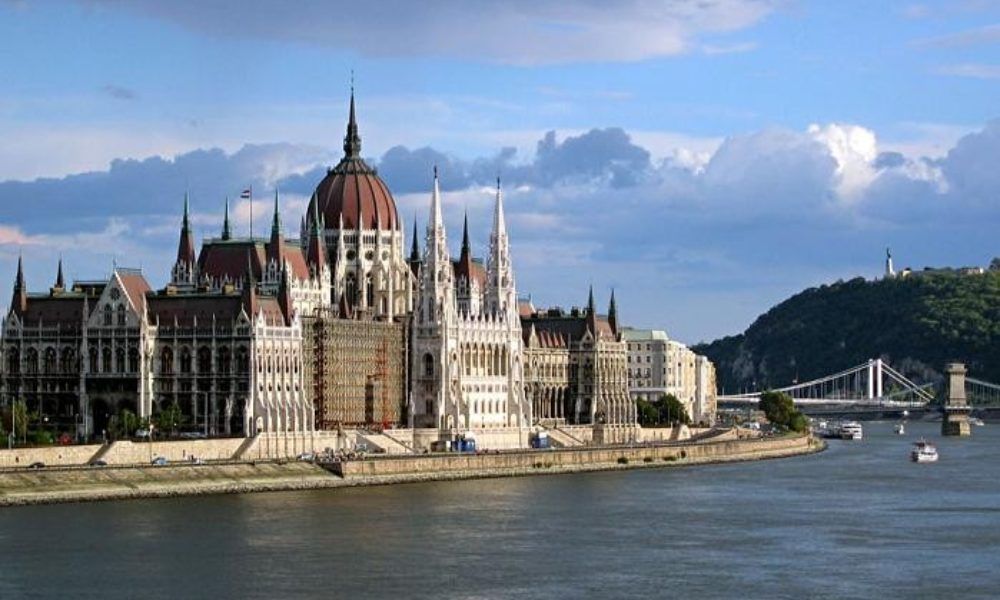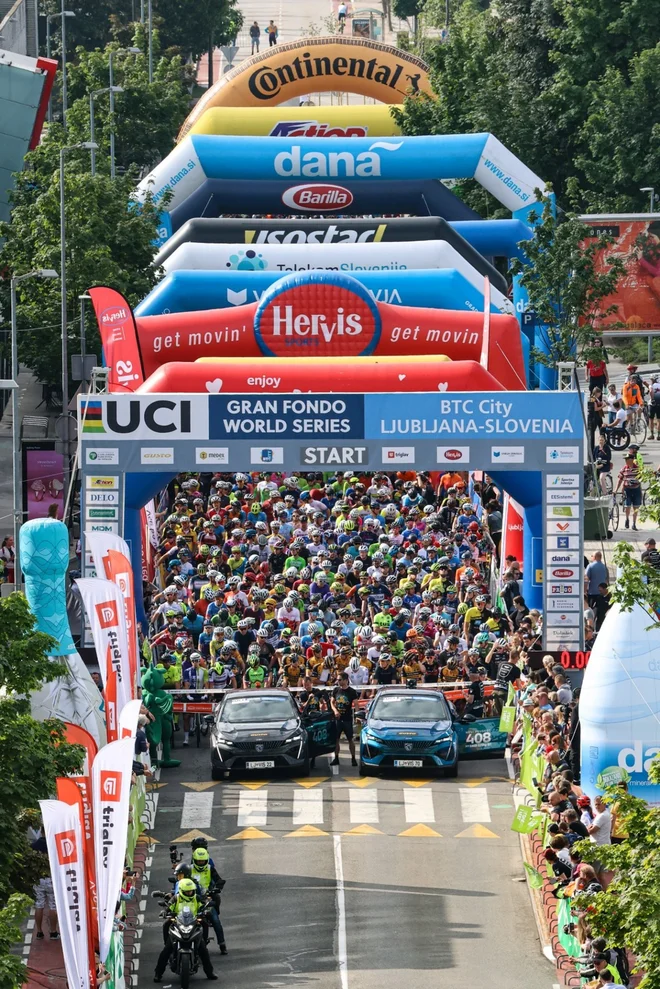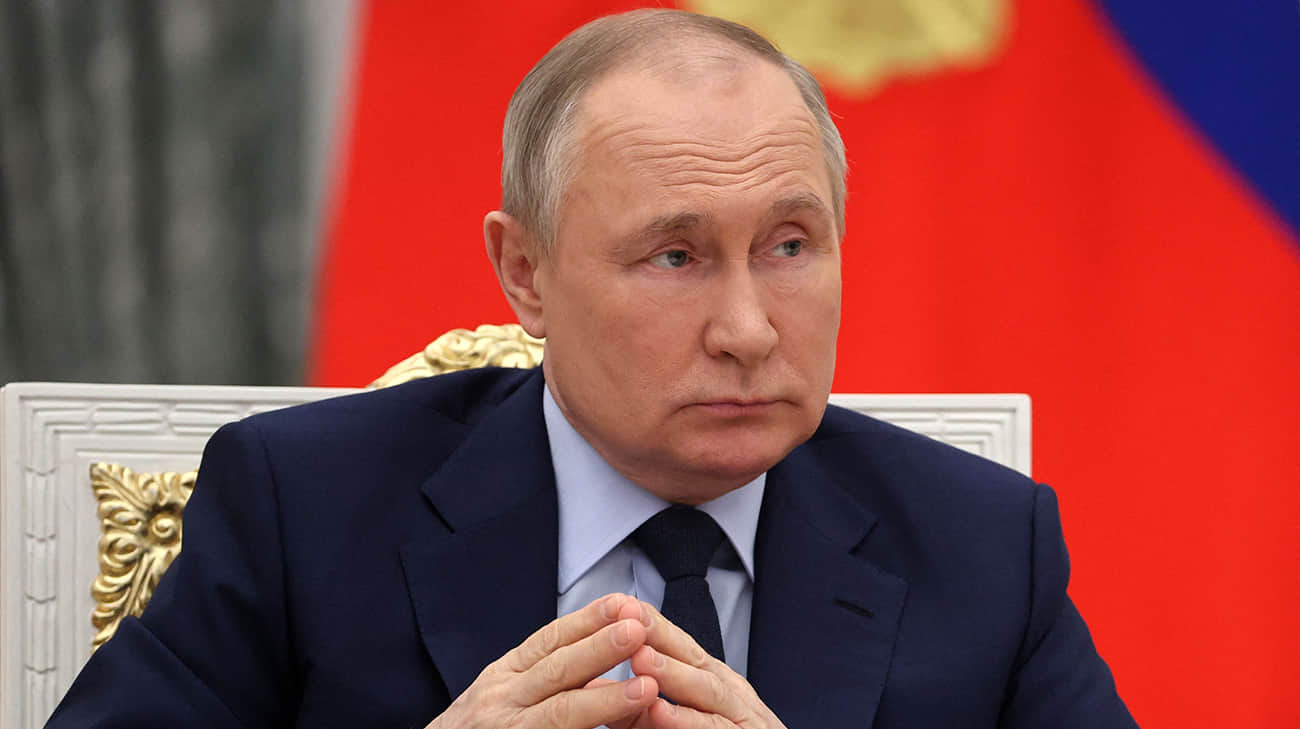Review: Putin uses the story as a political weapon

The story haunts behind the war in Ukraine. All of these great Russian fantasies and imperial rail images that play on the past. And thus the right of the great nations to dominate the smaller ones. Because it has always been so.
Author Serhii Plokhy has described the conflict as a eighteenth -century war fought with nineteen -century tactics and twenty -hundredth weapons. This is reminiscent of Lunda historian Klas-Göran Karlsson points out, about all the different development lines and root systems that led to Putin's war.
In the book « Russia and the war on history » he makes a brave attempt to point out the issue. The story has many layers. And Karlsson mainly highlights three: the post -Soviet, the imperial and the cultural -historical conflict.
During all, a difficult nationalist revenge that drives the hatred of war is rushing.
Putin has described in a famous opinion the case of the Soviet Union as the greatest geopolitical disaster of the 20th century. “We lost 40 percent of our territory and a large part of our industrial strength and population. We became a completely different country, and everything we have worked with for more than a thousand years went all lost. «
Vladimir Putin is certainly a Product of the communist state's security apparatus, but looks equally critically at parts of the inheritance. Wasn't communism a western import? He has described Lenin's revolution as destructive to the empire and the Russian character.
The separate peace with Germany in 1918 during the First World War resulted in the new Soviet power being forced to recognize Poland, Finland, the independence of the Baltic States and Ukraine. When the Kremlin left Crimea to Ukraine in 1954, the periphery became even greater.
Karlsson writes that Putin always has older historical Russia as a reference point. He can therefore be regarded as a tsar figure for the 21st century. There are no eclectic elements in his history image – as a new coat of arms adorned by the Tsartiden's two -headed eagle. And Putin is happy to highlight the spiritual heritage of the Orthodox Church.
Under all that lies Imperialist mythmos ancient. Namely, that modern Russia that rose in the 17th century is the natural superstition of Kievrike. It follows that Russians and Ukrainians are one and the same people. Ukraine therefore has no existence.
There, the destructive historical lie rests behind the war. Karlsson highlights it with educational clarity. Putin's war may best be described as a brutal cultural and history war. And then the extinction and genocide are always close.
Klas-Göran Karlsson's study is thorough and perspective-rich. It shows how fatal history can be when used as a contemporary weapon.
But if you want to read Something more drastic, polemical and insane? Then one should not miss the Russian historian Alexander Etkind's « Russia's war against modernity ». It arrived last fall at Ersatz in Ola Wallin's wedge translation.
The compassion of some and the contempt for others forces us to forget about academic objectivity, writes Etkind, which is active at Central European University in Vienna. The grief and knob should be allowed to win. To mark the serious situation, he writes his story in imperfect. One must think that the war will end a fair end.
He sees Russia as a brutal and vulgar Petrokrati. The fight against the fossil industry and the climate destruction is a deadly threat to Putin's regime. Without the oil fields and gas pipes there are only the scenes of power. The natural resources are the prerequisite for the life -rich little elite lifestyle and grotesque Russian inequality. Therefore, the regime wants to stay the time – or even better – turn the clock back.
In the power's kitschy rococo palace, with gilded toilet brushes and glittering stripteas stains, pools the little ones and the mafia's godfather. But the luxury yachts are frozen in Western ports and many looted billions rest in some difficult -to -reach tax haven. West's sanctions bite.
It looks like one thought that Putin's rose to power the same year (2000) as the Nobel Laureate in Kemi Paul Crutzen coined the concept the anthropocene. Ultimately, this meant that human influence on the earth's landscape and climate has become an existential threat that can no longer be denied.
Therefore, the war is a double danger to humanity.
Alexander Etkind's furious pamphlet is full of such aha experiences.
Read more texts by Jan Eklund And others of DN's book reviews







